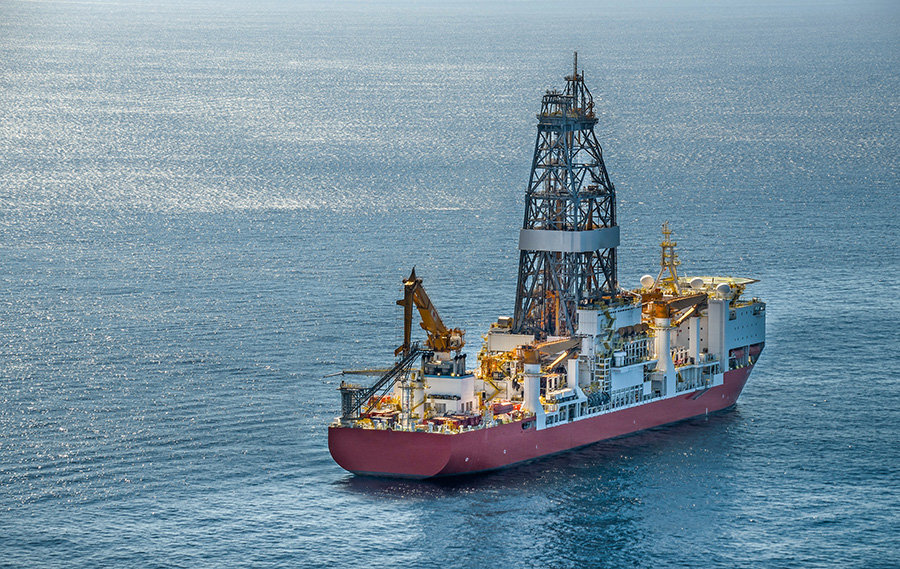Compensation for load fluctuations on ships

Target Industry
- 【Manufacturing】Shipbuilding
- 【Transportation】Logistics and transportation
Background and Challenges
In recent years, global interest in climate change countermeasures has been increasing, and since most of the greenhouse gases (GHG) emitted from international shipping are CO2, further efforts to reduce GHG emissions are required.
In Japan, since the formulation of the "Roadmap for Zero Emissions in International Shipping" in March 2020, led by the Maritime Bureau of the Ministry of Land, Infrastructure, Transport and Tourism, various actions have been taken in collaboration with industry, government and academia to achieve zero emissions, including research and development of ships, technology demonstrations, formulation of related regulations, and evaluation of zero and low-carbon fuels.
In response to this trend, the shipbuilding industry has been developing electric propulsion ships that sail mainly on batteries in recent years.
On the other hand, high level of safety is required for the power supply equipment installed on ships because the navigation of ships is in the special operating environment of the sea, and great damage occurs in the event of a fire.
In addition, in order to promote the electrification of ships, it is necessary not only to reduce environmental impact, but also to establish a cost advantage by increasing energy efficiency and achieving low fuel consumption.
Technical Advantages of Hybrid Super Capacitors (HSC)
Hybrid Super Capacitors have high input/output characteristics, a wide operating temperature range, and high safety, enabling them to achieve the performance required for marine hybrid power supplies.
High input/output performance
Ships may experience severe load fluctuations due to swell compensation at stormy weather, and a power system consisting of a generator plus a Hybrid Super Capacitor allows for an ideal power system with a low environmental impact, as the generator handles normal operations and the Hybrid Super Capacitor handles load fluctuations.
Wide operating temperature range
Hybrid Super Capacitors can operate in low-temperature environments, and their relatively low deterioration in high-temperature environments makes it possible to simplify temperature management of power supply systems.
High safety
A fire in a ship can never be permitted since it is used offshore. Hybrid Super Capacitors do not generate thermal runaway like metal oxides used in LIBs because the positive electrode is activated carbon.
Energy Storage Device Comparison
| Hybrid Super Capacitor (HSC) | Lithium Ion Battery (LIB) | Electric Double Layer Capacitor (EDLC) | Lead-acid Battery | |
|---|---|---|---|---|
| Temperature range | ◎ | △ | ◯ | △ |
| Energy density | ◯ | ◎ | △ | ◯ |
| Safety | ◯ | △ | ◯ | ◯ |
| Lifespan | ◎ | △ | ◯ | △ |
